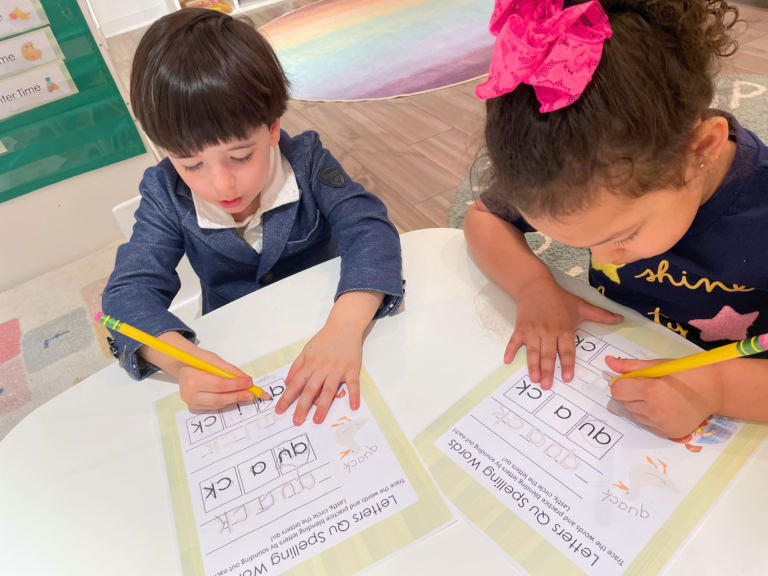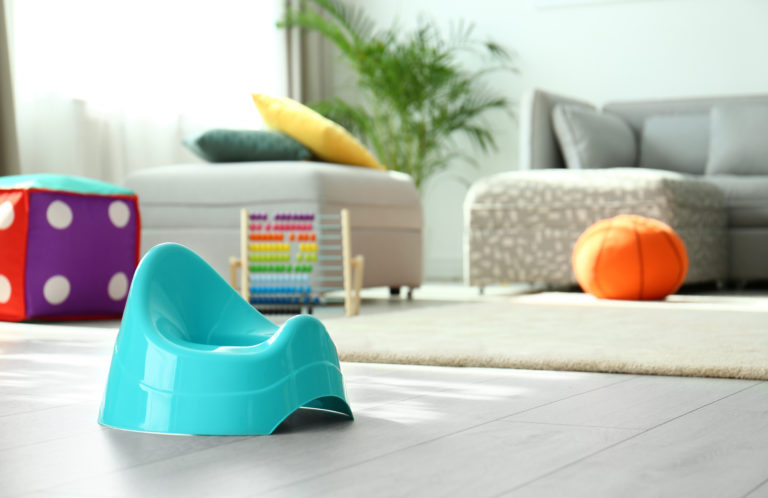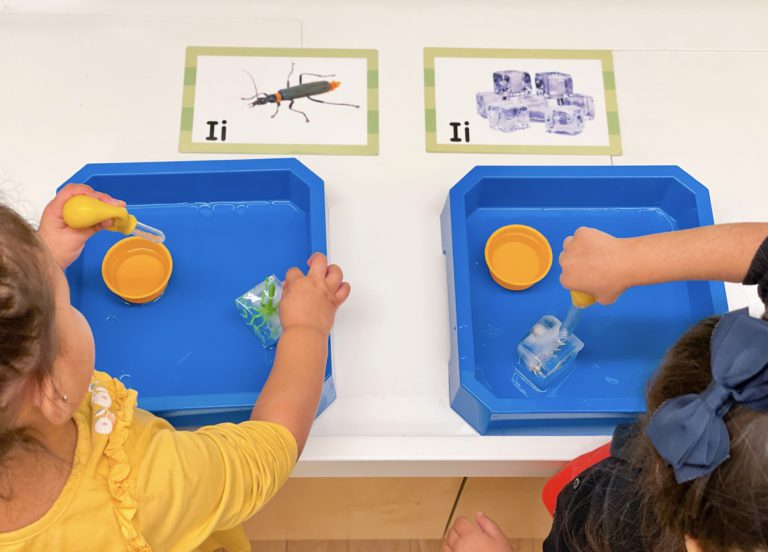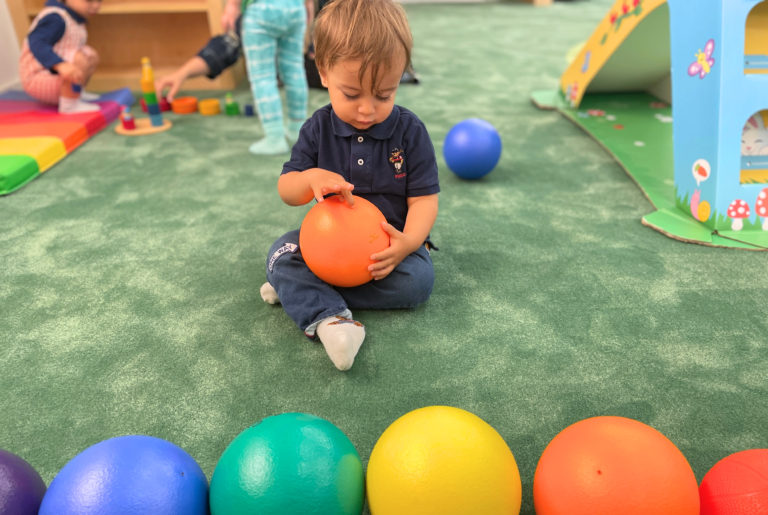How to Talk About Parent Mental Illness

Mental health is a complex topic for many people to understand, let alone our little ones. A lack of understanding or withholding information from your little one in the hopes of not burdening them can do more harm than good. If a child sees their parent experiencing a challenging mental health day and they do not have any type of information about it, they may feel responsible for that parent’s feelings and develop guilt about a condition that has nothing to do with them. Staying open and honest in a way your little one understands is key when talking about difficult topics, like mental illness.
Taking Care
We are teaching our little ones positive ways to take care of their own mental health in their social emotional learning, such as having conversations about big feelings and saying affirmations. The reason we practice those is so that they have tools to take care of themselves when they are having a poor mental health day. If we continue to teach our little ones the ways they can take care of themselves when experiencing everyday big feelings, they may better understand what taking care of oneself looks like when dealing with mental illness.
Get Some Perspective
As with any conversation with your little one, using age-appropriate language helps them understand the situation in their own way at their own level of social emotional learning. Since little ones understand what they can see, using visual aids might be helpful, like a picture of a storm cloud or a rainy day over someone’s head. Talking with someone you trust – such as your mental health practitioner – about having this conversation with your little one can help you get some perspective about what your symptoms look like from the outside and how best to explain that to your little one.
Go Slow
Give your little one pieces of information to digest, a little at a time. Remain open to questions as they come up. Sharing too much at once can be overwhelming and could cause anxiety, which may be harmful to their social emotional learning.
Keep Learning
It is always okay to not have the answers. You can tell your little one “I actually don’t know the answer to that, but I am going to do some research and share what I find.” That gives you time to educate yourself and figure out the best way to best explain it to your little one.
Storytelling
If you don’t feel ready to share your own mental health situation with your little one, but still want to introduce the topic of mental health, storybooks are a great place to start. Here are a few books that may help you begin the conversation:
- When Sadness Is At Your Door by Eva Eland
- Are You Mad At Me? by Tyler and Cody Feder
- Be Mindful of Monsters by Lauren Stockly and Ellen Surrey
We also have a list of storybooks for more social emotional learning here!
Regular Check-ins
Family change is challenging. Little ones may experience anxiety in different ways: sleeplessness, changes in behavior, etc. Having check-ins after the conversation is an important way to keep the topic open, as well as checking in with how your little one is feeling. Talking about our feelings helps us to identify them, and be able to sit with them, which is so important to a child’s social emotional learning.
Take care of yourself before and after this conversation. Share your story when you are willing and able. Little ones pick up on our moods and feelings more than we think; if you feel anxious, your little one may feel anxious too.
With the end of every conversation around mental health, reassure your little one that they are loved no matter what challenges arise, and that they can always come to you with questions. You can even close with some loving affirmations.
Super Power Kids has shared a printable Mental Health Conversation Starters sheet that can help feel more confident in guiding the conversation with your little one.
Reference Article
Popular


Hi, I'm Miss Julia!
Miss Julia has been an early childhood educator for 5 years, with over 10 years of experience working in childcare. She has been teaching at Playgarden Prep since 2017, and is happy to share ideas on some of her favorite early education topics with you! Miss Julia has a BA from UC Irvine, and uses her experience in performing arts to inspire little ones every day in her enrichment classes at Playgarden. In her free time, Miss Julia loves enjoying nature, cooking, and creating with friends.






